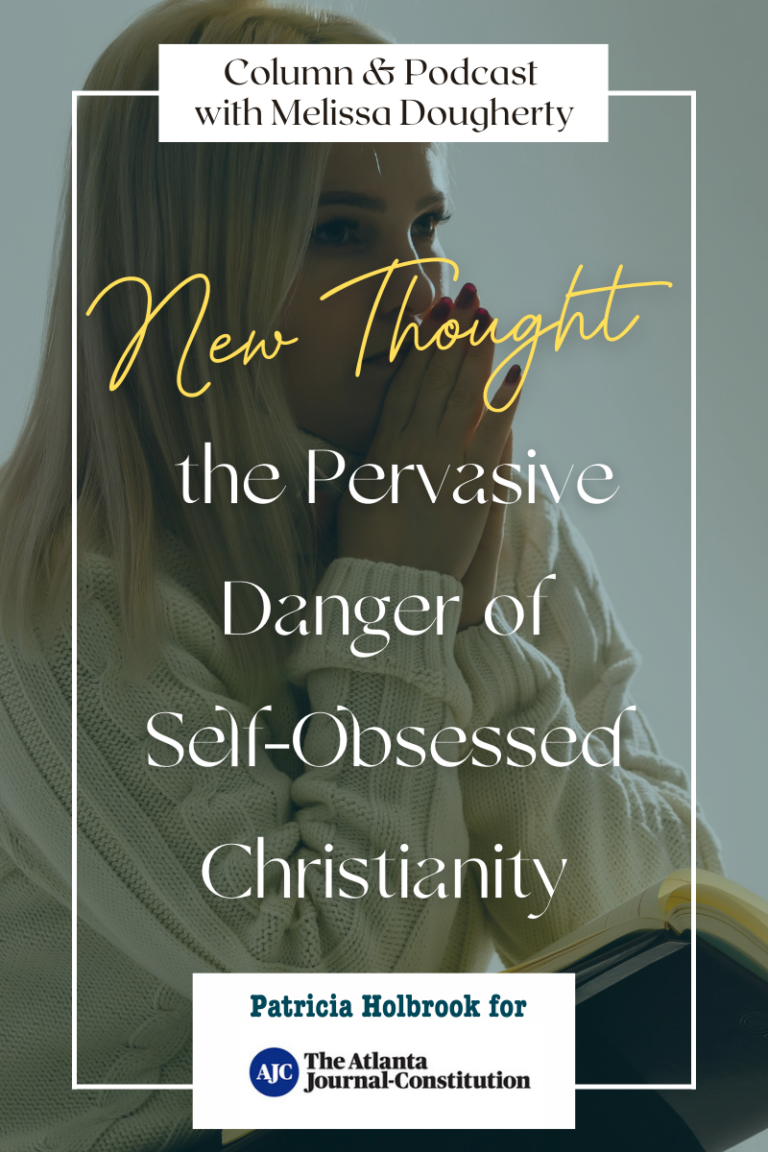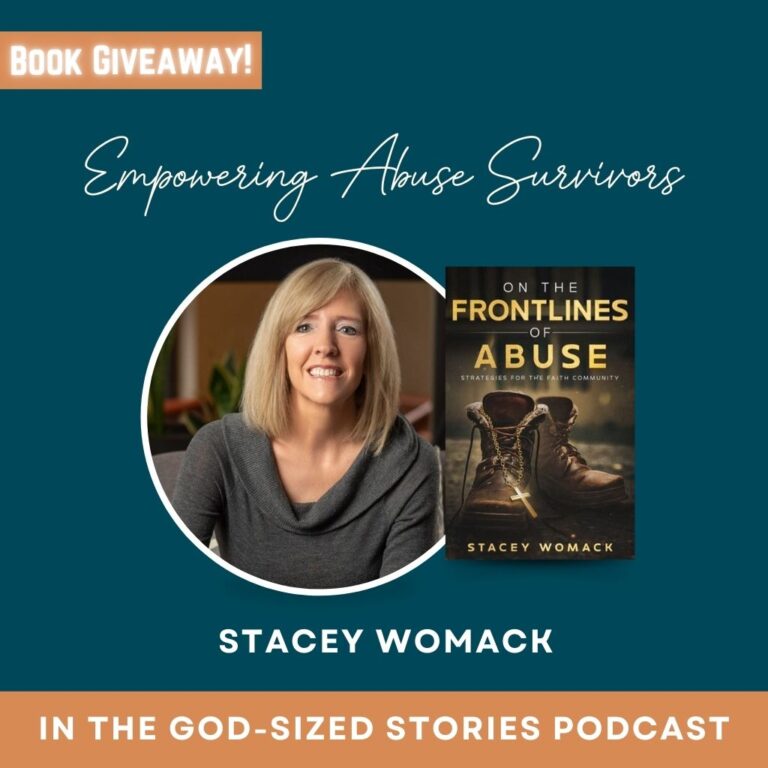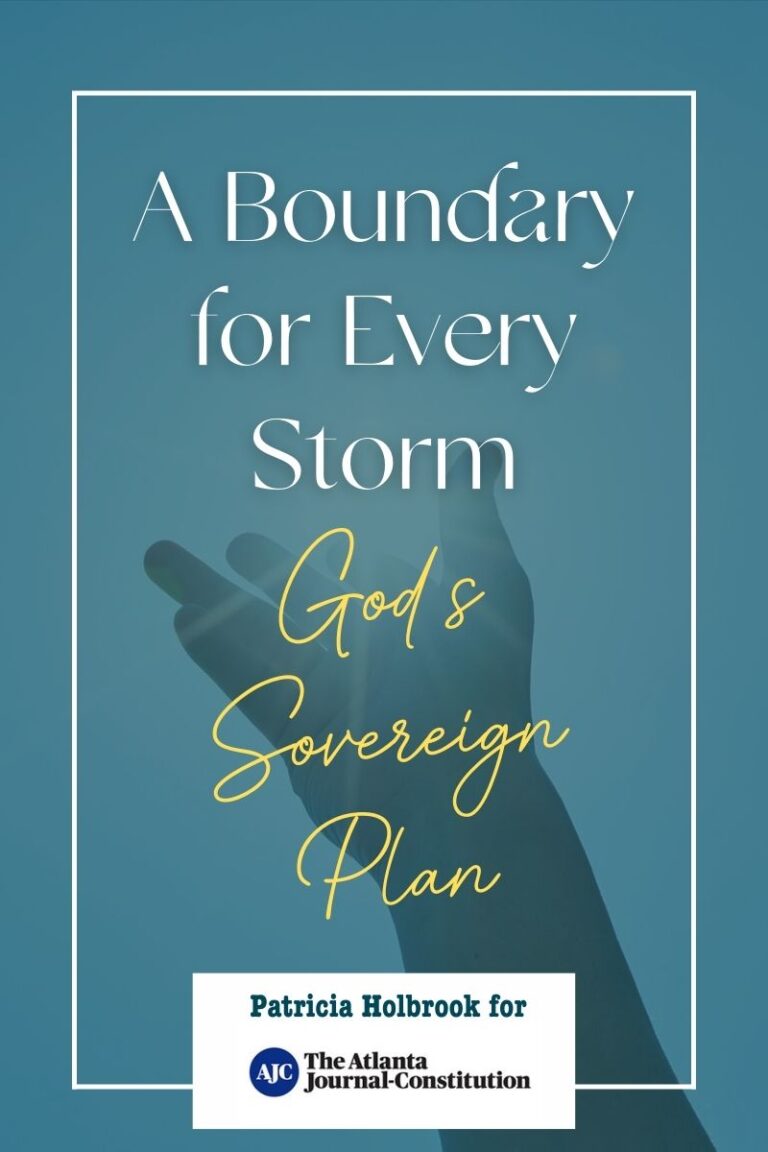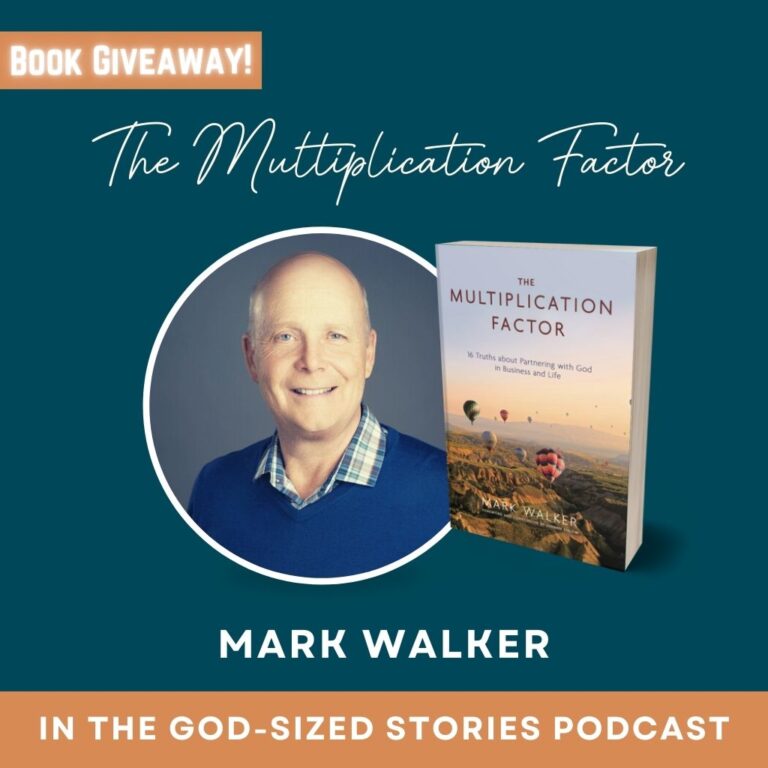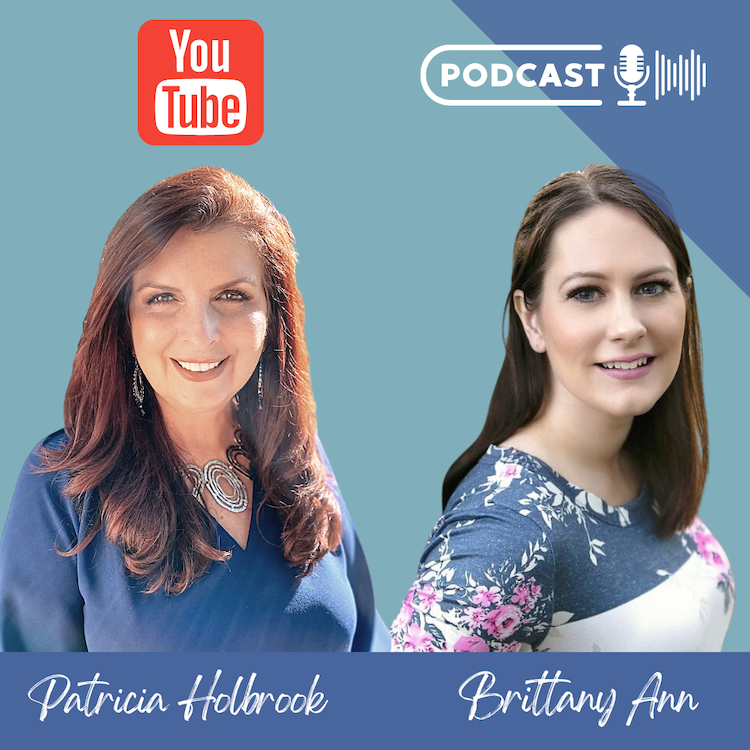Column for The Atlanta Journal-Constitution
Experts have called it, and statistics confirmed it: our modern society is facing a pornography pandemic.
According to Webroot Cybersecurity, 28,258 users are watching pornography every second, and $3,075.64 U.S. Dollars are spent on porn every second on the internet. Moreover, a survey conducted by the Barna Group in the U.S. in 2014 and 2016 revealed alarming data on men who said they viewed pornography at least several times a week: 63% of 18–30-year-olds, 38% of 31-49-year-olds, and 25% of 50-68-year-olds.
But the numbers are also eye-opening when it comes to female consumers: women who said they viewed pornography at least once a month: 76% of 18-30-year-olds, 16% of 31-49-year-olds, and 4% of 50-68-year-olds. And mind you, that survey is 8-10 years old!
These alarming numbers do not remain outside our church walls.
I remember a men’s conference my husband attended at a local megachurch over a decade ago. He came home one evening and shared that the pastor had addressed the issue of pornography in his message. During the altar call, my husband was surprised at the response, as hundreds of men came down, contrite, confessing before God and men that they needed help.
Unfortunately, according to Sam Black, author and director of recovery education at Covenant Eyes, these events are uncommon within the church. Conversely, there is a disturbing lack of openness, understanding, and resources available to churchgoers.
The Healing Church
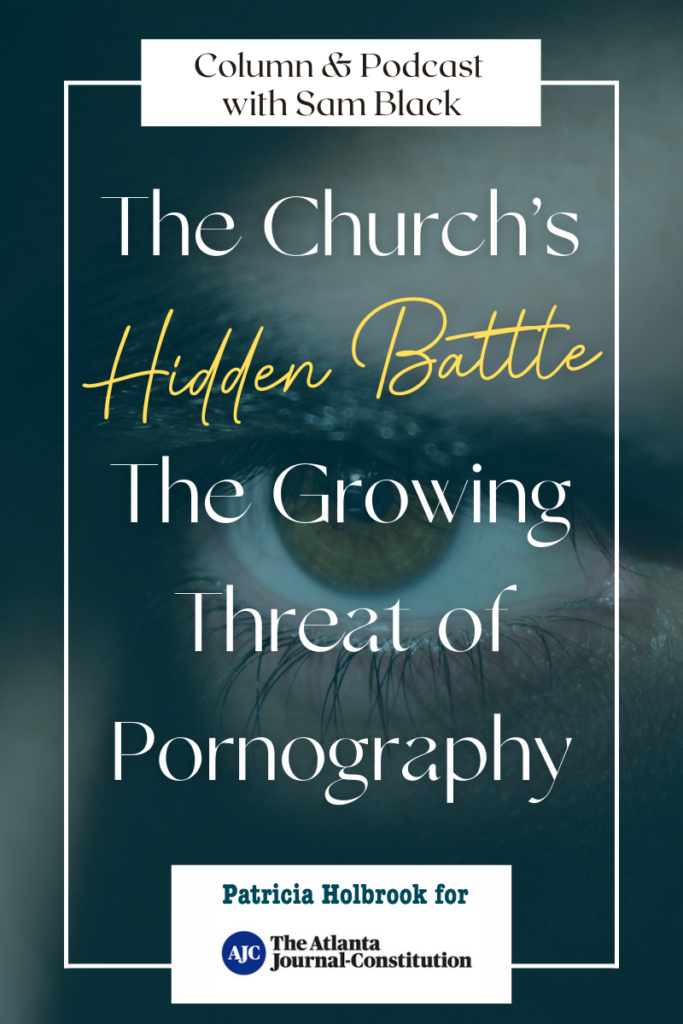
I talked to Black during the release of his new book, “The Healing Church: What Churches Get Wrong About Pornography and How to Fix It.” Black is the author of several books and an expert on the subject. He travels across the United States and Canada, speaking at conferences, seminars, and sex trafficking awareness events. He also trains church leaders on pornography and sex addiction recovery. After reading the stats showing the severity of the issue within the local church, I knew I must feature our conversation on my podcast and the subject in this column.
According to Black’s research, two-thirds of men and a third of women who attend church regularly say they struggle with pornography. Among younger Christian men, a whopping 36% say they watch porn daily. However, only 7% of churches offer specific resources and support to their congregations.
“I think it’s important for us to understand that pornography is undermining every ministry of the local church. And when we have that perspective on it, the statistics have more relevance,” said Black.
The average age of first exposure to pornography falls between 8 and 12 years old, which means even children’s ministries are not immune to the damaging impact of pornography.
Likewise, teens remain some of the most prolific users. Yet, instead of providing the necessary resources to help them fight this battle, many churches only focus on youth events and social activities, thus missing the opportunity to address a growing issue that threatens their emotional, physical, and spiritual well-being.
Despite this, parents remain unequipped with the tools they need to have essential conversations with their kids about the dangers of pornography. Worse yet, church leaders continue to overlook the facts, sometimes because they themselves struggle with the addiction. Case in point, the 2016 Barna survey highlighted that 43% of senior pastors and youth pastors said they have struggled with pornography in the past.
Black highlighted the need for a shift in ministry focus to offer more opportunities to people who are afraid to speak up and seek support. Likewise, ministries should prioritize equipping both parents and teens with the guidance and tools they need to find freedom from the grip of pornography.
Reflecting on the gravity of these statistics and the stories Black shared, including his personal testimony, one thing becomes painfully clear: the church cannot remain passive any longer. Pornography is not just a problem outside the walls of our congregations—it is silently destroying lives, marriages, and ministries within them.
Pastors, priests, or any religious leader can no longer overlook the stronghold enslaving millions in our midst, hoping it will resolve itself. God designed his church to become a sanctuary of healing and accountability, a place where people can confess their struggles without fear of judgment and find real, practical resources to help them break free.
God designed his church to become a sanctuary of healing and accountability, a place where people can confess their struggles without fear of judgment and find real, practical resources to help them break free. #CovenantEyes… Share on XThis article was originally published in Patricia’s column for The Atlanta Journal-Constitution on Saturday, October 19, 2024. Click HERE to find it on the AJC’s website.
ENTER THE DRAWING FOR A CHANCE TO WIN A COPY OF SAM BLACK’S BOOK – “The Healing Church” (SCROLL TO THE BOTTOM OF THIS PAGE).
- Listen to the interview below or on your preferred podcast platform: God-Sized Stories – Sam Black
Watch the Interview below or on YouTube: God-Sized Stories – Sam Black

